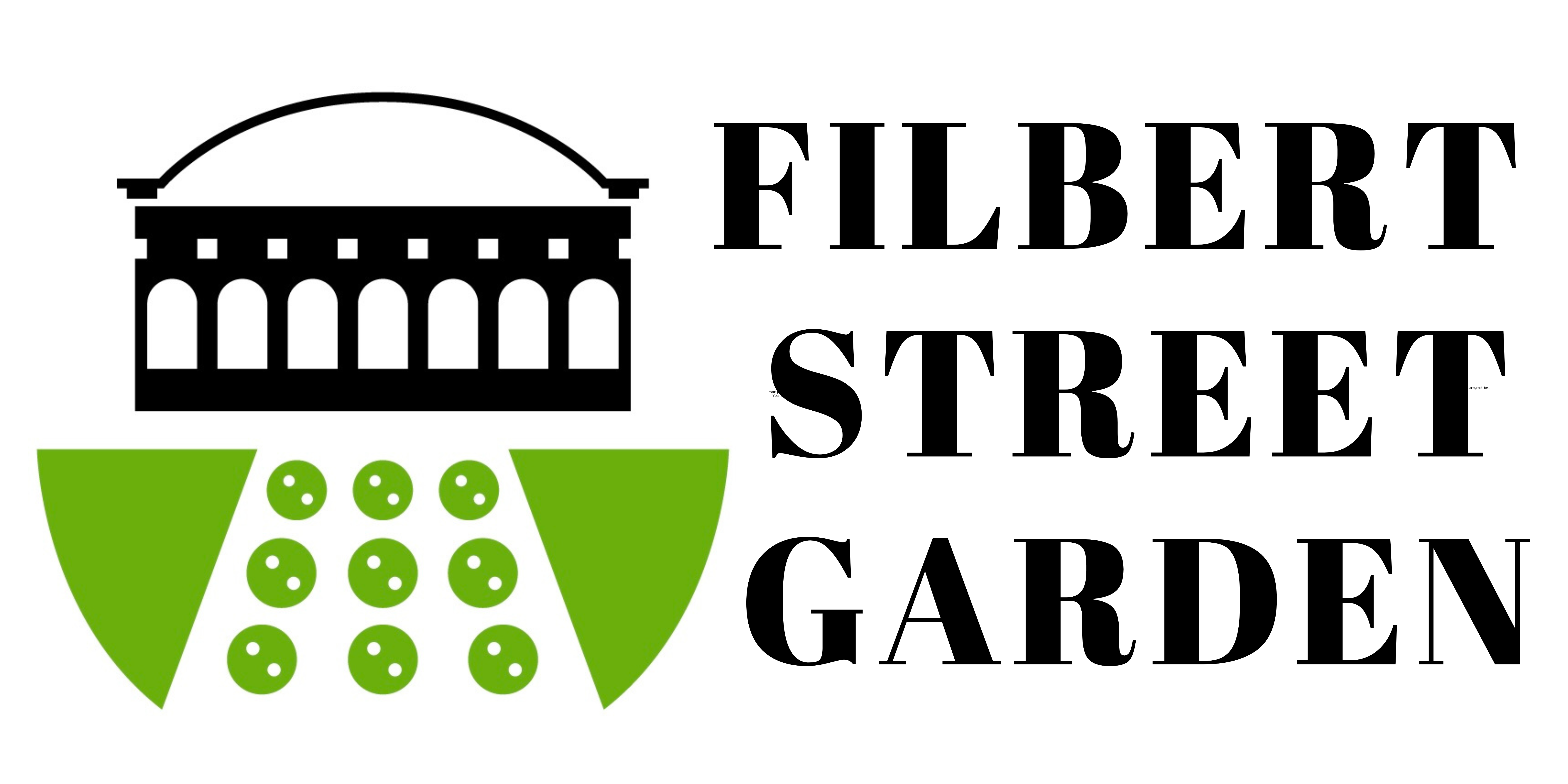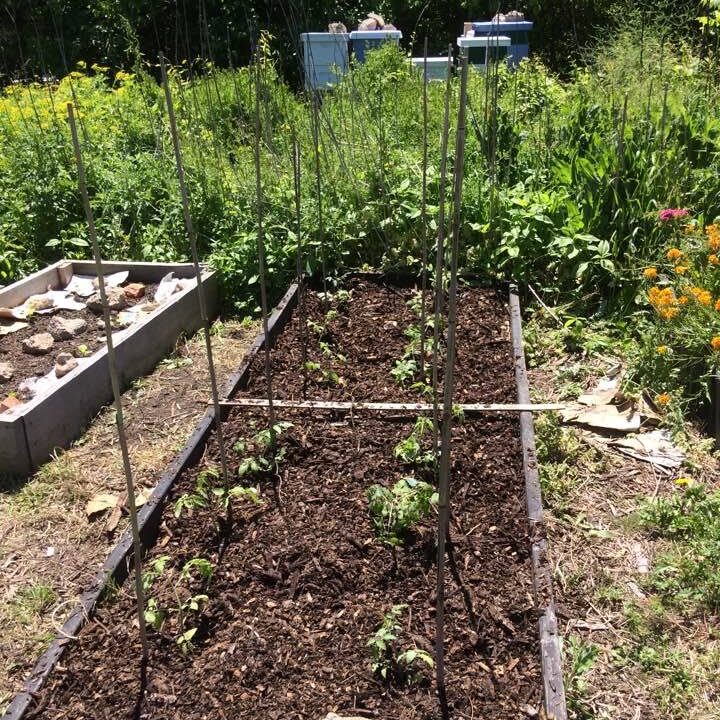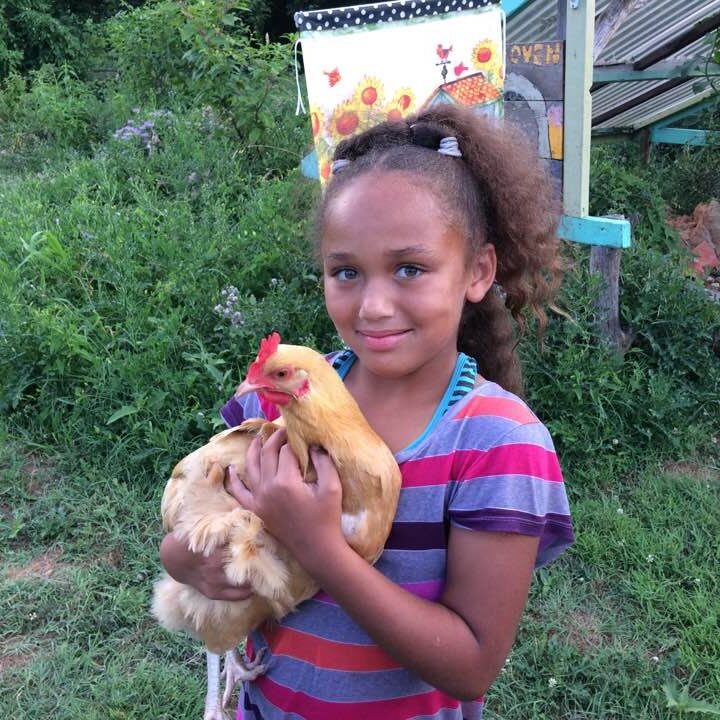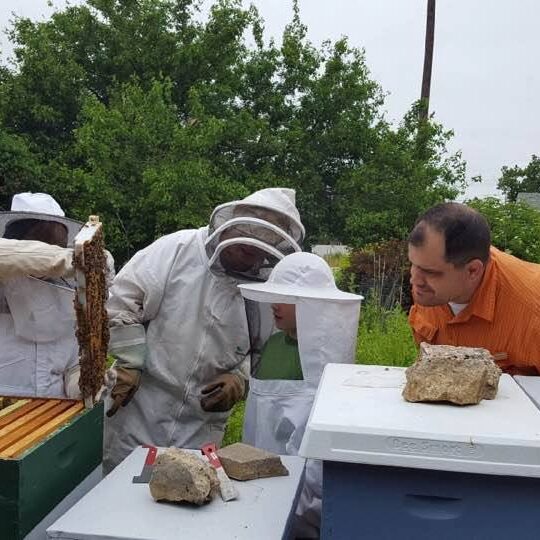Community Garden Plots in Curtis Bay!
Every spring our garden has 20 available plots ranging from 4' x 4' to 8' x 8'. Plots are first come first serve.
Garden Education
Filbert Street welcomes students of all ages to learn about gardening, animal husbandry, and local wildlife. We provide a meeting space for local non-profits.
Urban Wildlife Projects
Currently Filbert Street supports two local wildlife projects - providing a home to 200-300 native bats and hosting the largest community garden beeyard in the State of Maryland.
Mission Statement
Our Mission
The Filbert Street Community Garden is a 501(c)3 non-profit organization that was founded in 2010 as part of the City of Baltimore's Adopt-a-Lot Program. Our one acre plot was overgrown and full of trash. Various projects and volunteers have came and gone, but our objectives remain the same.
Recreation
Our garden provides a green space in South Baltimore's urban and industrial landscape. Garden patrons and visitors alike can enjoy planting, harvesting, and enjoying our space. We have seasonal events hosting play days, movies nights, and providing leisure to the area's residents.
Education
From spring to autumn we invite schools, religious organizations, youth groups, non-profits, and local affiliates to visit our garden to learn about gardening, animal husbandry, and local wildlife. We also provide an outdoor meeting space for groups.
Environmental Justice
The EPA defines environmental justice as, "...the fair treatment and meaningful involvement of all people regardless of race, color, national origin, or income, with respect to the development, implementation, and enforcement of environmental laws, regulations, and policies."
Filbert Street Garden stands by Baltimore City residents' right to clean air, water, and soil. Baltimore is plagued by incinerators that contaminate the air, remanents of industrial pollution & aging sewer/stormwater infrastructure that contaminate the water, and widespread littering. South Baltimore where the garden is located is infamous for nearby Wagner's Point that was evacuated 20 years ago due to high levels of pollution left over from industry.
Our garden has been and will always be an opponent of the incinerators in Baltimore City.
Supporting Urban Wildlife
We provide a space for Maryland's Urban Wildlife to include native birds, pollinators, and bats. Filbert Street also hosts the largest community garden beeyard in Maryland.
Combating the Food Desert
In 2015, Johns Hopkins Center for a Livable Future (CLF), in collaboration with the Baltimore Food Policy Initiative, found that one in four of the city’s residents live in 'food deserts' with limited access to healthy foods.
A food desert in Baltimore City as an area where residents must travel more than one-quarter of a mile to reach a supermarket, the median household income is at or below 185 percent of the federal poverty level, over 30 percent of households lack access to a vehicle, and the supply of healthy food is low.
Neighborhoods with food deserts have higher rates of diseases linked to unhealthy diets, including cardiovascular disease and diabetes. Overall mortality rates are also higher in these areas. Children are also disproportionately affected, with 30 percent of Baltimore City’s school-aged children living in food deserts.
Filbert Street Garden, through its curbside Little Free Pantry, offers fresh eggs, nonperishables, and in season, fresh produce, to those in need in the Greater Baybrook community. Donations are always welcome!




